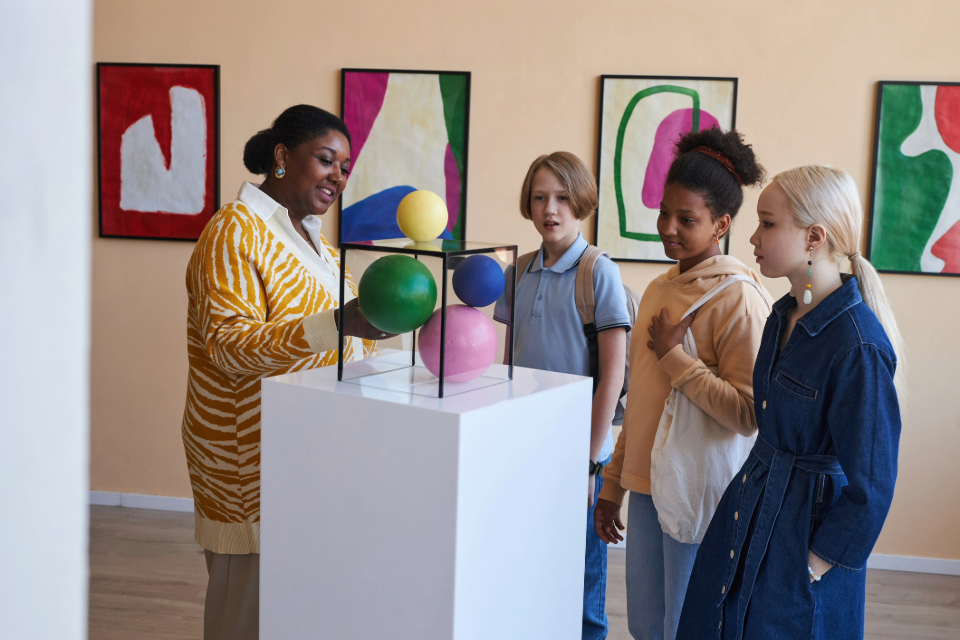
New research from the University of Liverpool suggests that the way young people spend their free time may play a crucial role in supporting their wellbeing and social development.
Adolescence is often described as a formative stage of life – when identities are shaped, friendships forged, and mental health challenges first begin to emerge. The new study, based on data from the Millennium Cohort Study, analysed the development of thousands of children across the UK since birth. Focusing on more than 12,000 adolescents, researchers examined the links between leisure activities at age 14 -such as music, reading, youth clubs, attending religious service, or visiting museums – and outcomes at age 17, including mental health and prosocial behaviour (helping and supporting others).
Unlike previous studies on this topic – which have only analysed single points in time and tended to emphasise negative outcomes like aggression – this study analysed data at age 14 and 17 and considered both mental health challenges and positive behaviours. It also placed particular emphasis on self-esteem as a possible bridge between leisure participation and later outcomes.
The findings highlight three key points:
- Teenagers who were more engaged in leisure activities at 14 tended to have higher self-esteem, which in turn predicted fewer mental health difficulties and greater prosocial behaviour at 17.
- Leisure activities appeared to protect mental health directly, with adolescents reporting slightly fewer difficulties three years later.
- Finally, leisure was linked to kindness and social responsibility, with more frequent participation predicting higher levels of helping behaviour.
The study’s author, Dr Mengya Zhao, Lecturer in Clinical Psychology at the University of Liverpool’s Institute of Population Health said: “These results highlight the importance of encouraging young people to pursue meaningful activities outside school. Our findings suggest that leisure is not just ‘downtime.’ These activities can give teenagers a sense of value and identity, which boosts self-esteem, supports mental health, and even encourages kindness toward others.”
Researchers say the results underline the importance of accessible and meaningful leisure opportunities as part of public health and education strategies. The work also points to practical implications for schools, families, and communities, which may wish to prioritise opportunities for young people to explore their interests through music, reading, youth clubs, or volunteering. By offering experiences that affirm a young person’s sense of self, leisure activities can help strengthen identity and foster resilience.
Future work is now needed to look more closely at different types of leisure activities and how structured versus unstructured settings might shape outcomes. Another important step will be to test whether leisure boosts self-esteem, or whether confident young people are simply more likely to seek out activities in the first place.
The paper ‘Self-esteem mediates the association of leisure activities with adolescents’ mental health difficulties and prosocial behaviour: Evidence from a UK-representative cohort’ was published in Journal of Leisure Research (DOI:10.1080/00222216.2025.2536496).